Planning this trip didn’t really allow time for panic. It happened so quickly, in the event, that every spare moment was taken up with the practicalities of leaving home for six months and planning the initial stages. I doggedly fixated upon making it to Vladivostok via all the intended stops, and didn’t allow myself to think much beyond that.
The Trans-Siberian passed in something of a whirlwind and without any warning, it was time for Peter to leave. We had previously made the decision to part ways post-Russia; he to Melbourne for a wedding, and then to New Zealand for three weeks. Having already visited New Zealand, and with no overwhelming desire to go to Australia, I decided I’d rather spend my precious time exploring South Korea; a country that Peter had already been to and I knew nothing about. So I tearfully waved him off on Vladivostok’s airport shuttle train and suddenly there I was, alone, at quite literally the ends of the earth.
And suddenly it all felt very overwhelming.
Stereotypes abound in this world and I for one am guilty of perpetrating them. Not only as a writer viewing others but as a subject, too; I embody the clichéd icy Londoner, the stern glarer, the queue-obeyer, the tea-drinker, the user of phrases such as “I reckon” and “how brilliant”. Knowing this, it’s hard not to wonder just how many stereotypes are actually based in fact.
Still, whilst we roll our eyes every time a film baddie has an English accent, at least we’ve got James Bond as a counterweight. Meanwhile, the poor Russians aren’t nearly so lucky. They’re portrayed as Soviet thugs with treetrunk necks; heartless, alarmingly accurate assassins; or one-dimensional, single-minded Cold War-era spies hell-bent on enacting a communist global society. And in the real world, British media is filled with Muscovite oligarchs taking over London’s property, war-mongering in the Ukraine, and Putin on a horse. It’s not really helping their global brand.
It’s strange to think that I was disappointed by the lack of snow when we reached Moscow. I’d heard that they’d had their first flurries some days previously and had hoped for a white carpet on arrival, but of course by that point every flake had melted.
I needn’t have worried. Out on the steppes, the snow was perhaps 6 inches deep which to me already made it feel like Christmas but for the locals is just the beginning of what threatens to be a long, hard winter.
Another short journey from Perm to Yekatarinburg, at just six hours, leant itself to an afternoon spent rubbing shoulders with the proletariat, i.e. a casual jaunt in third class.
This is more like hard-sleep, or how I spent my time travelling in China: open corridors with nests of bunks. In Russia, the wider track gauge means a larger compartment, with double instead of triple bunks, but an additional perpendicular row lining the corridor. Peter and I had two of these corridor-skirting bunks, the lower of which raises to become a table and two seats during the day. We spent most of the journey playing Scrabble, which lends itself well to a train journey because whilst one person is considering their move, the other can stare out the window.
Whilst in London, preemptively buying tickets, I had repeatedly hit a wall whilst attempting to get from Warsaw to Moscow, thanks entirely to the first half of the journey. Minsk-Moscow? No problem. Tickets booked. But Warsaw-Minsk? Impossible. Most websites seemed reluctant to admit that such a route even existed.
So immediately upon arriving in Poland, we bought our onward tickets to Minsk (from the only woman in the entirety of Warsaw’s central station who spoke English) and on the train discovered that the bloody thing went the whole way to Moscow. Thanks a lot, Bahn.de – the palava meant we had had to buy transit visas through Belarus and accommodation in Minsk and our first train arrived at the spectacularly inhospitable hour of 2:09am.
Now I don’t generally hold with past-life stuff but during my one previous visit to Warsaw, I had stepped off the plane to the strangest sense that I’d been there before. Wistfully recalling my late-1990s visit to Peter, I described old houses and classic trams, quiet squares, and buildings which still bore shrapnel wounds.
This time around we exited the train station to several glass and steel behemoths, a Costa coffee, and a giant sign for H&M. The connection was gone. Putting aside the question as to why I’d felt it originally (one too many faux-medieval town squares, perhaps? A romantic notion of my family history? My 14-year-old self desperate to forge a connection with anywhere other than Kingston-upon-Thames?), one thing was clear: Warsaw was not the dainty backwater with an identity crisis that I’d developed in my mind. This is a city that’s going places.
Berlin only warranted a short visit since it’s so close to London (and so supremely accessible). Sure, it took me 30 years to visit in the first place but we figured we could return at any time. Three word assessment? Cool and laid-back. (Is that two words or three?) Nobody blinked at my walking boots or make-up-less face, even in the super hip districts of Neukolln and Kreuzberg. Take that Hackney, you and your judgey judgementalness.
How to spend limited time in a nearby city? Abandon what everyone thinks you should visit and spend your precious moments at places which give off an irresistible pull, however unexpected. So, we did away with Brandenburg Tor, museums and palaces, and instead spent an afternoon at the Jewish Museum.
My father is (technically) Jewish. He was bar mitzvah’d, and he’s a chartered accountant, but then he also told me the wrong word for a kippah, and was unceremoniously chucked out of his Jewish boy scouts troop for taking pork sausages to a picnic. So it goes without saying that my siblings and I were not steeped in religious dogma whilst growing up, and as such I know little of my Hebrew heritage.
“We shall be travelling overland as far as we possibly can” we announced smugly when plans were made and friends and families informed. “Arrival in Moscow in a week or so, via various European capitals”.
We plotted our itinerary and people nodded, with awe, we assumed. Two days before departure my friend Abi asked “But why don’t you just fly to Berlin?”
A pregnant pause. A cough. A throat cleared.
“Because – we don’t – because – THAT’S NOT WHAT WE’RE DOING ABI, STOP ASKING QUESTIONS”.
Some time ago we came up with the bright idea that we should travel from Sarajevo to London by train. The Sarajevo part came from Peter’s studies; the train travel from me. I love trains. I mean, I know naff all about trains but I love to travel on them. Stations are easier to reach than airports, the journey is simpler, the scenery is often second-to-none (and unspoilt by traffic or clouds), you can walk around on board, it’s easier than flying to meet interesting people (and similarly to escape from weirdos), no passport control, no hideous journey to the suburbs four hours before your scheduled departure time, and you end up slap-bang in the middle of your destination.
What began as a great idea (fly one-way to Sarajevo, then wind our way back to London via rail alone) slowly disintegrated as we left it far too long to book flights and based our travel plans entirely on the SkyScanner results of some six weeks previously. When we finally got around to sorting tickets to Bosnia, we discovered that the cheapest flights went via Istanbul. Istanbul. Further away from London than Sarajevo – but cheaper to reach. And with a 18-hour layover. We shrugged and optimistically added another destination to our already bulging travel plans. Five countries in eight days was for suckers. We could easily do six.
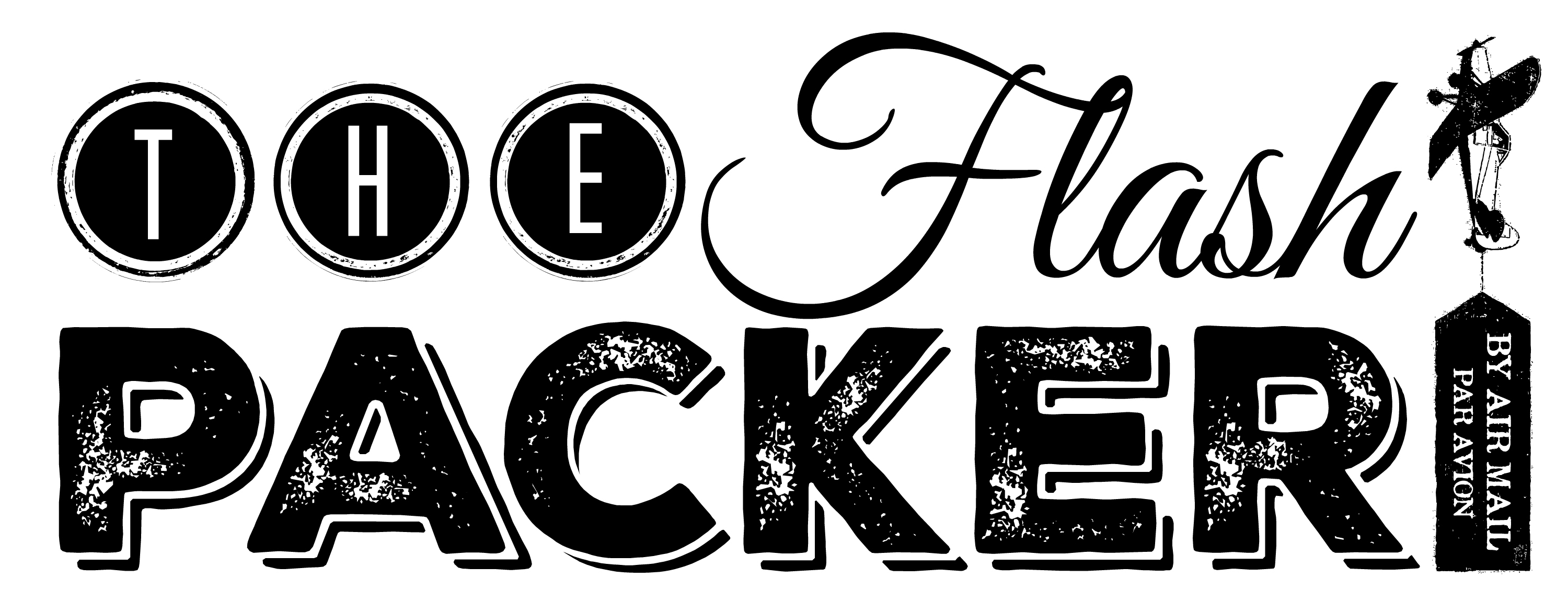

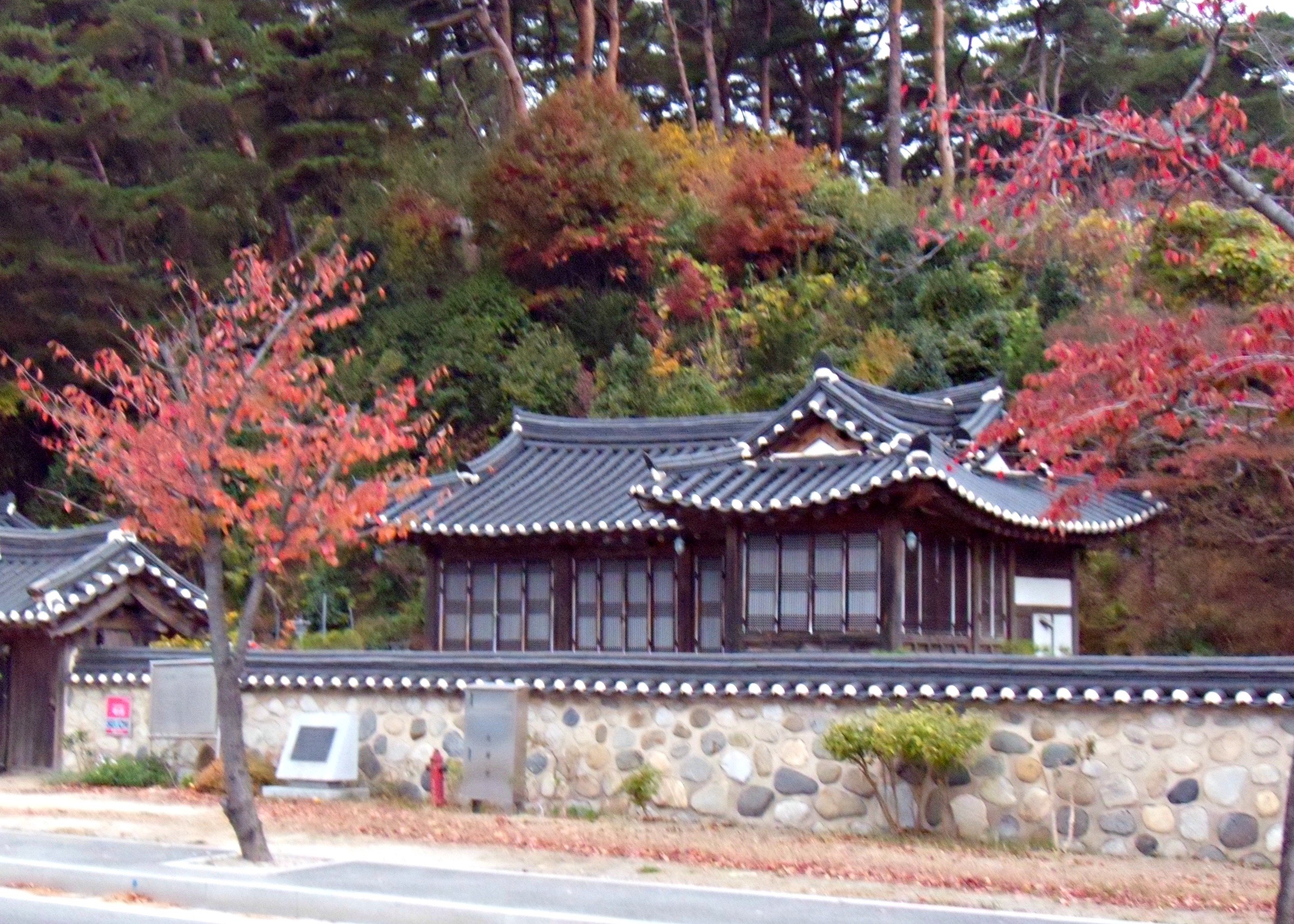
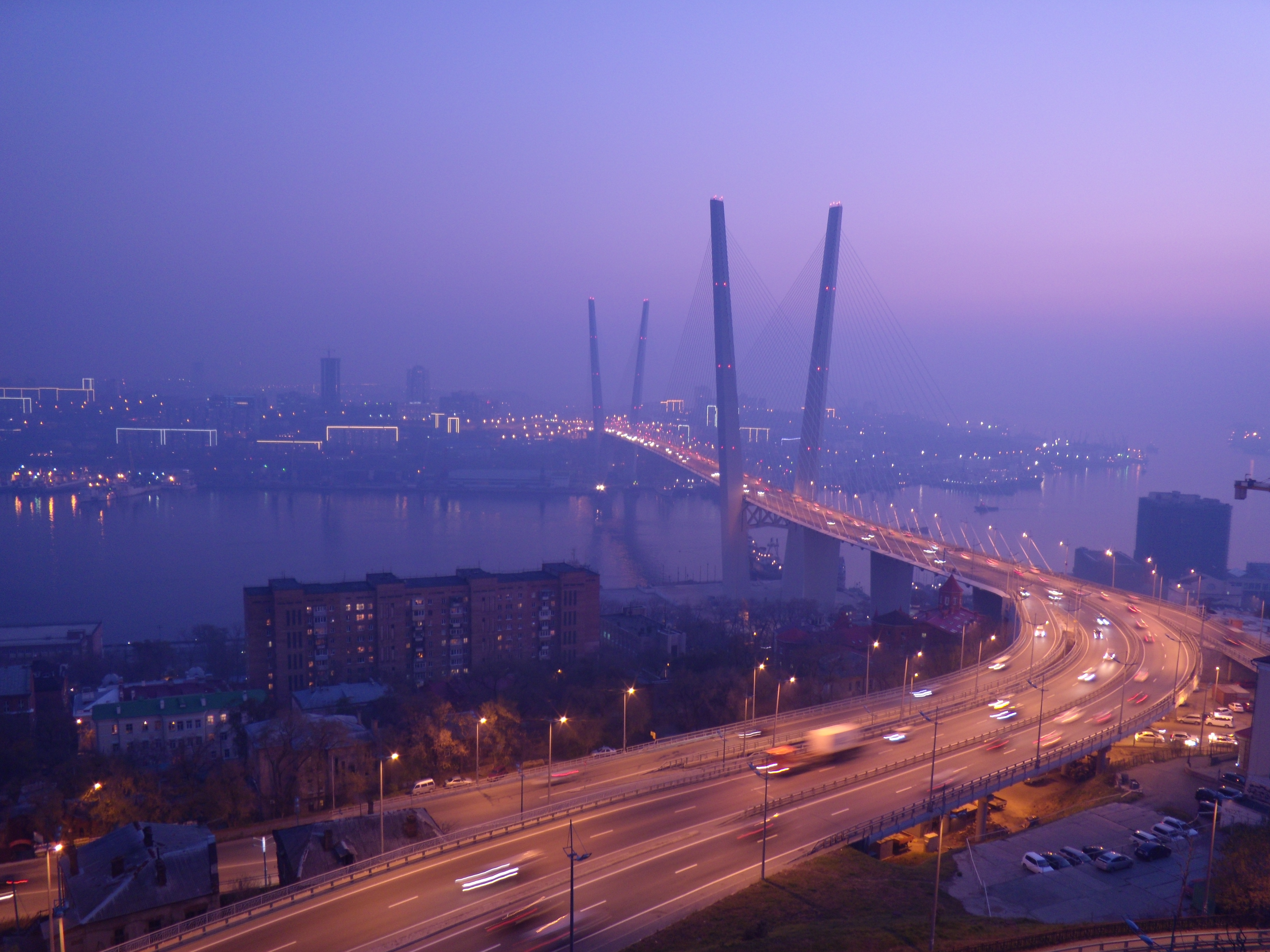
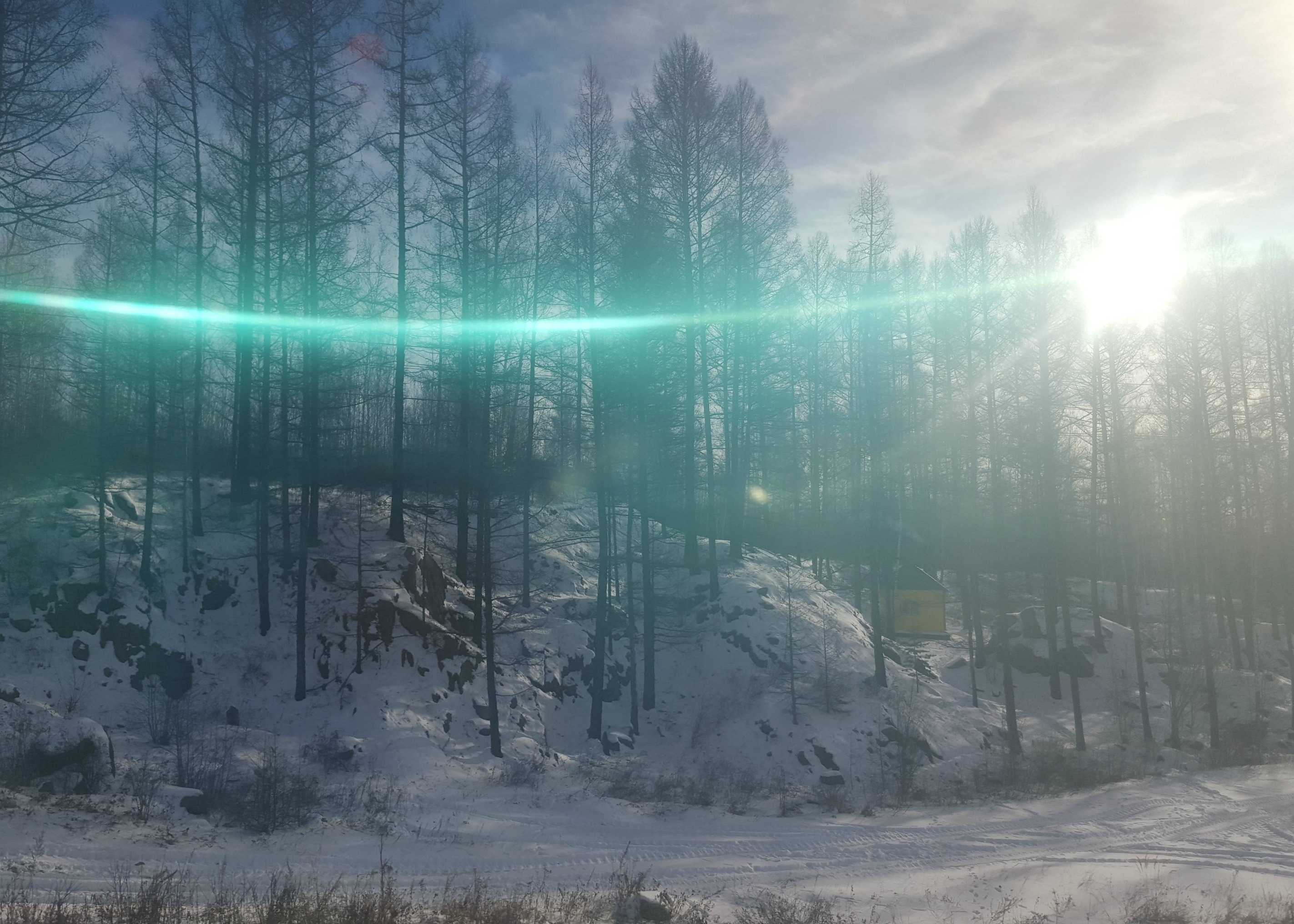
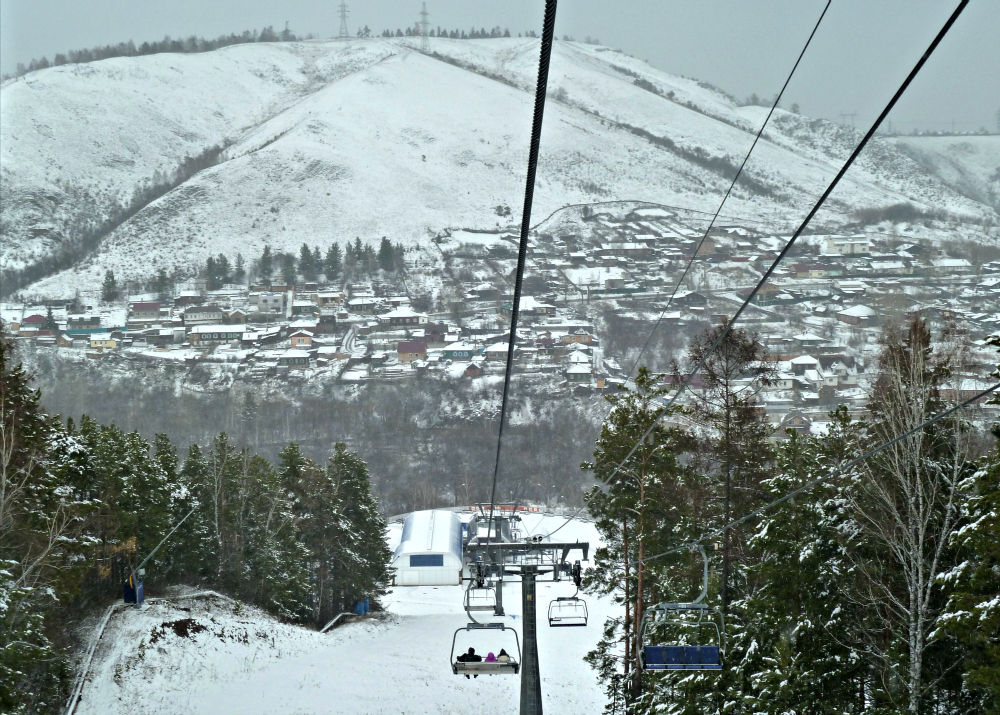
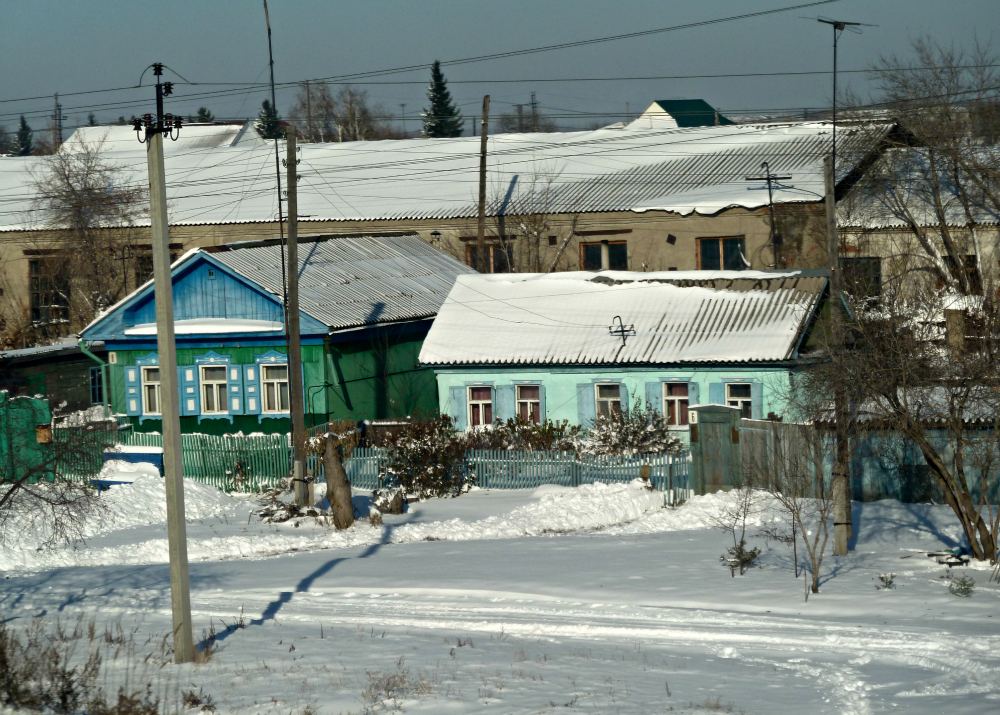
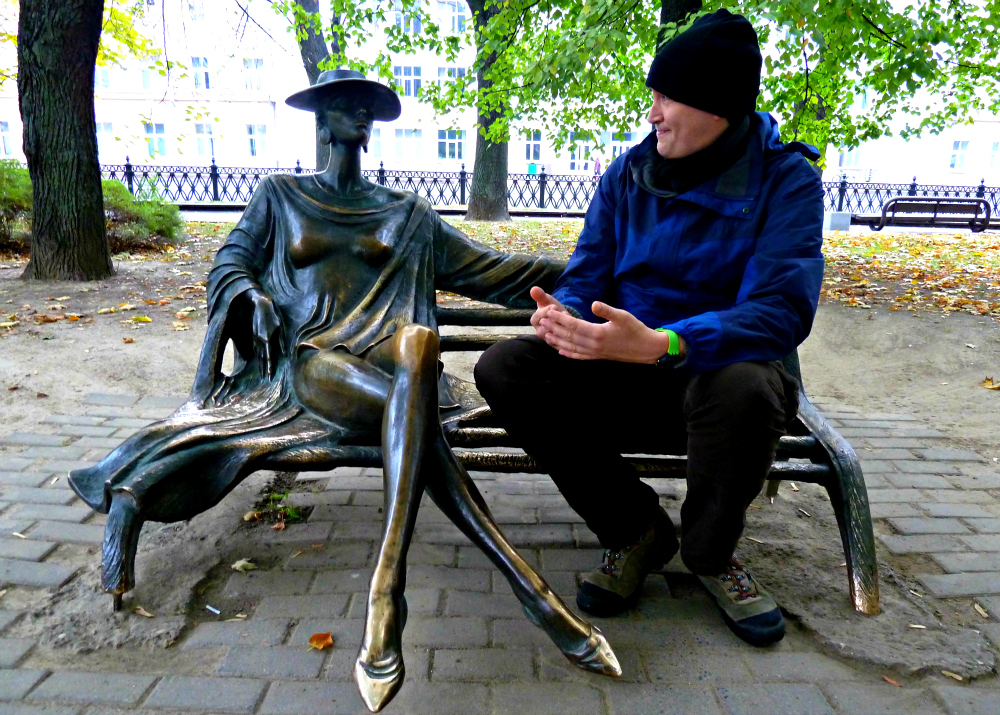
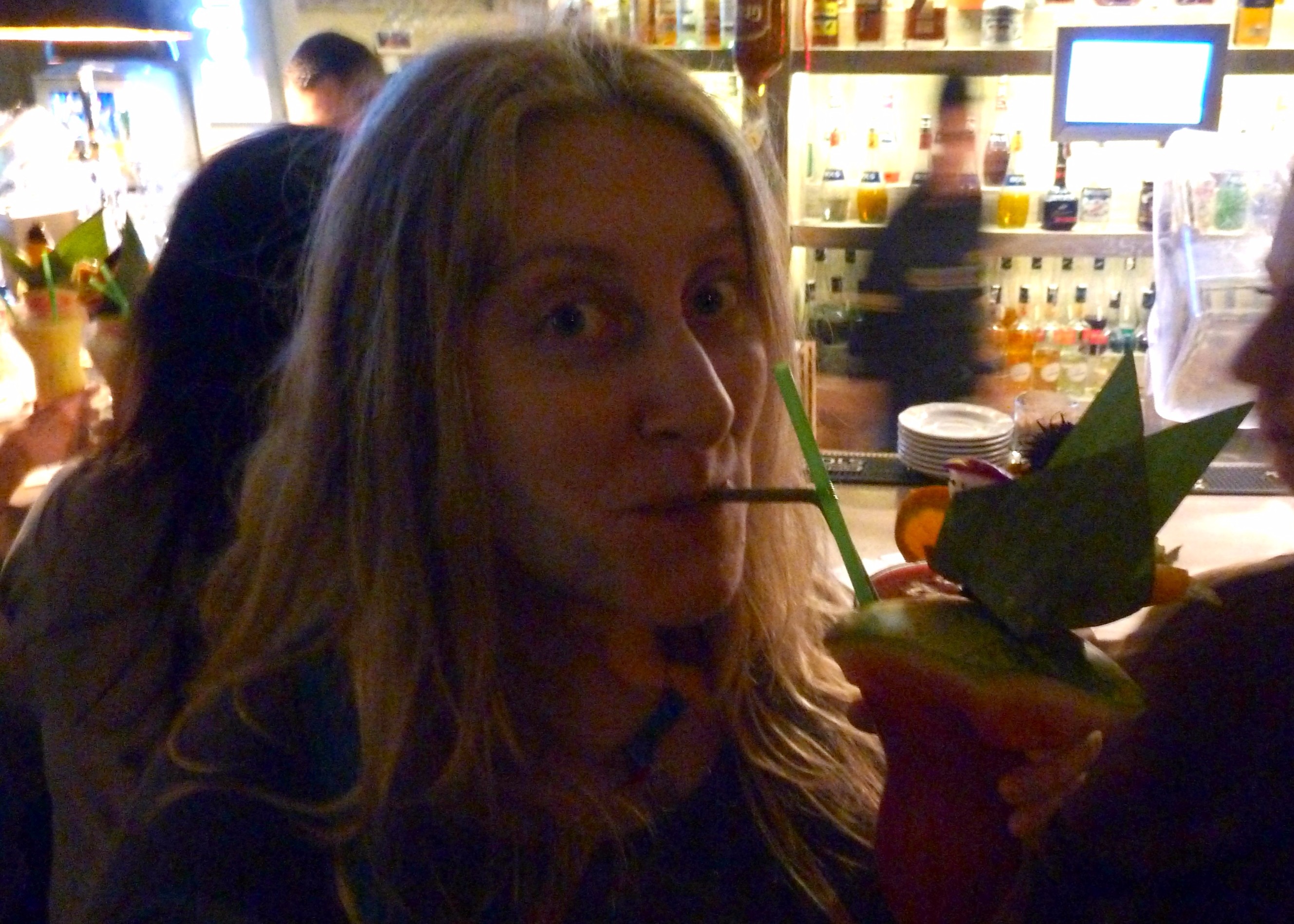
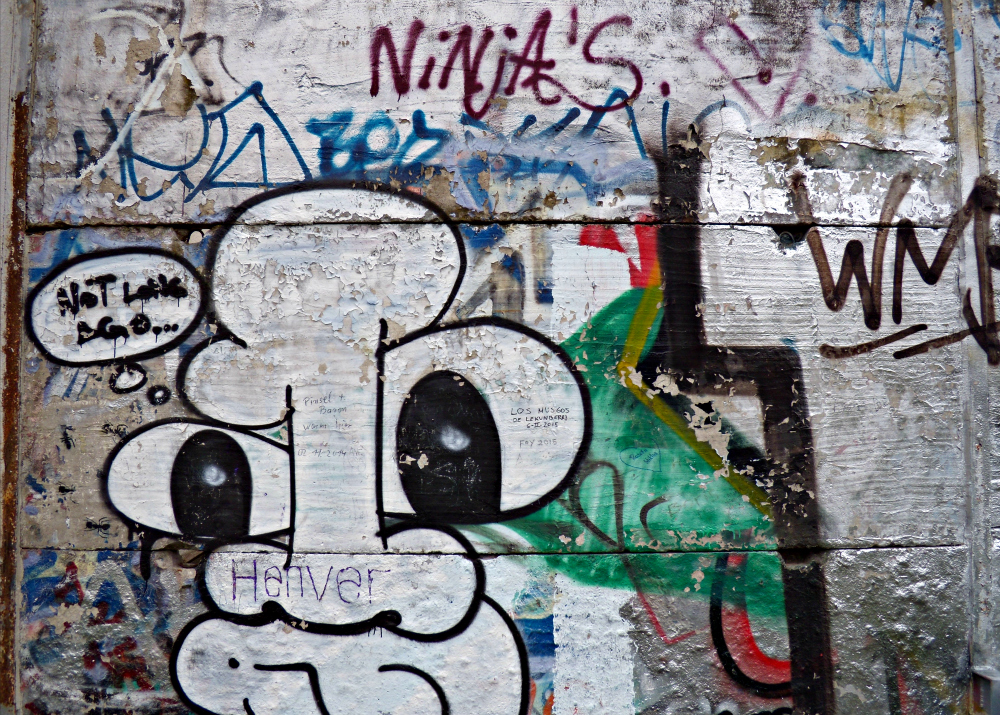
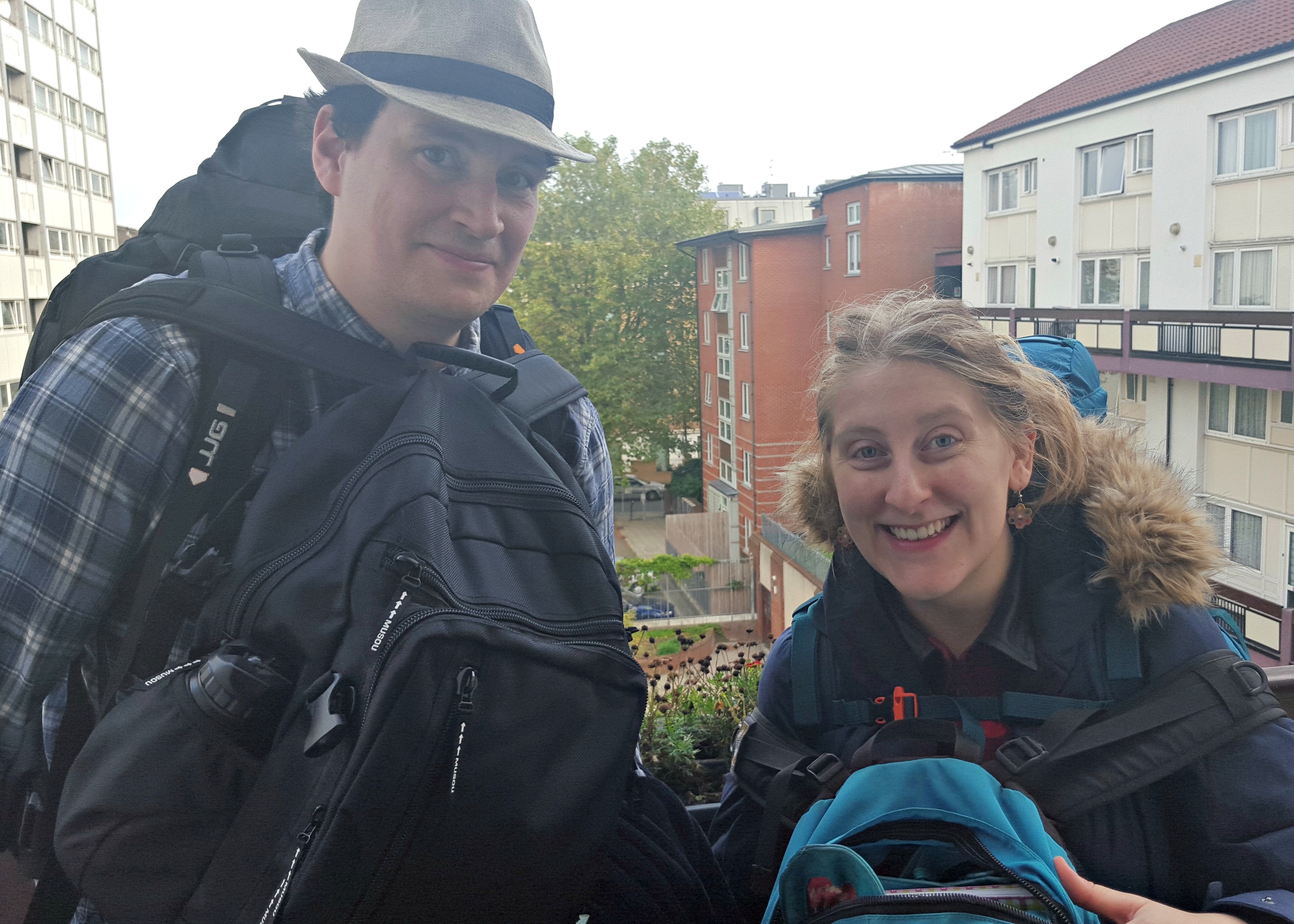
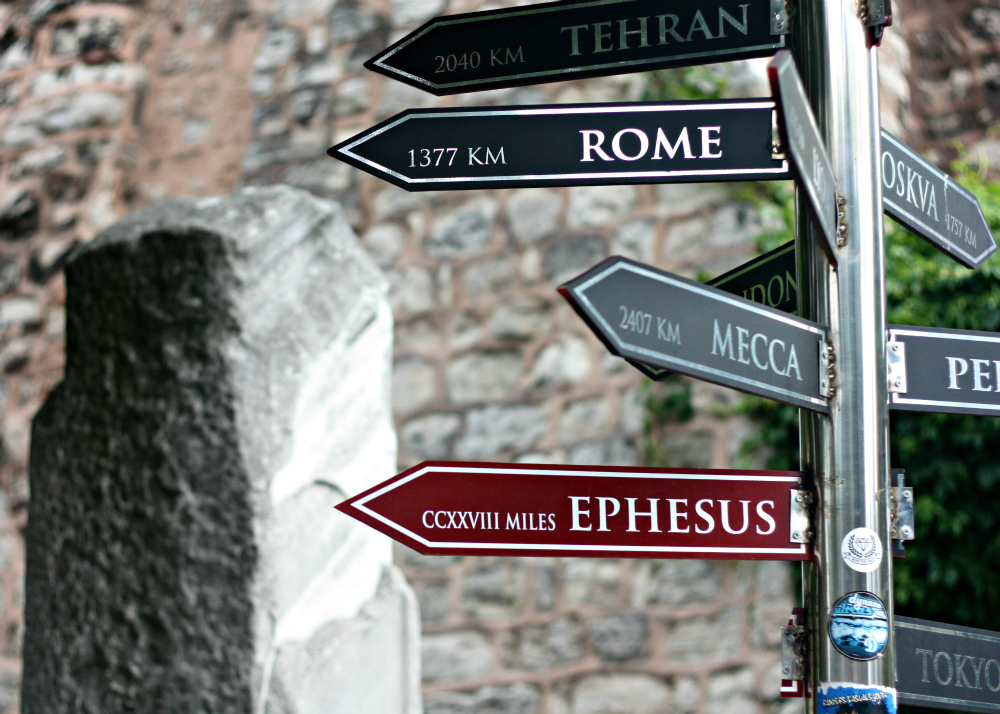
 RSS – Posts
RSS – Posts
